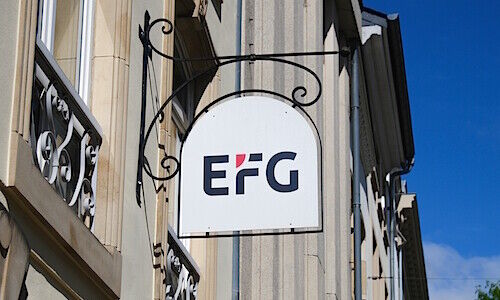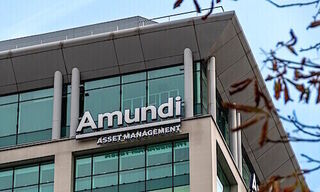Water Under the Bridge
Of course, it’s easy to criticize the gold sales in hindsight, but that’s water under the bridge. The more interesting question is whether the SNB should reconsider gold purchases today, particularly given that its balance sheet has ballooned due to massive foreign currency purchases in the fight against a strong franc, while its gold reserves remain at 1,040 tons.
This issue was recently addressed by independent economist Adriel Jost in his mid-September column in «Bilanz». He pointed out that in its battle against the strong franc, the SNB appears to prefer buying bonds from countries with unsustainable debt (likely a reference to the U.S. and certain European countries) rather than gold.
Courage for Independence
Jost examines various arguments, including liquidity, but suggests the real reason for the SNB’s reluctance to buy gold is different. Gold purchases would signal a lack of confidence in other countries, and the SNB doesn’t want to upset its foreign central bank counterparts. «Let’s hope the Governing Board soon finds the courage for such independence,» Jost concludes.
Such intellectual independence could also strengthen the SNB’s institutional independence. Foreign states might pressure Switzerland to hold their government bonds, as their refinancing costs could rise otherwise. At home, the SNB’s investment policy has long been a target for political demands, particularly around sustainability.
Gold’s Role Overlooked
In September, the think tank Avenir Suisse called for the SNB to be required to invest broadly and neutrally in stocks and corporate bonds without excluding assets based on sustainability criteria or political concerns. However, Avenir Suisse overlooked the unique role of gold- a no-counterparty-risk asset with a relatively weak lobby and little vulnerability to political pressure (apart from the controversy over dormant accounts in the 1990s, when terms like «looted gold» were used).
Is Gold Too Expensive Today?
It’s certainly worth debating whether the timing is right for the SNB to buy gold again. However, gold can be viewed as insurance against severe political and economic crises, as well as disruptions in the financial and monetary system.
From this perspective, the gold price represents the premium for this insurance. When the premium is high, it simply reflects that the market does not consider the risk of a severe crisis to be negligible.
These should be compelling reasons for the SNB to reassess the gold question after a quarter-century—this time with the opposite intent.
- << Back
- Page 3 of 3



























